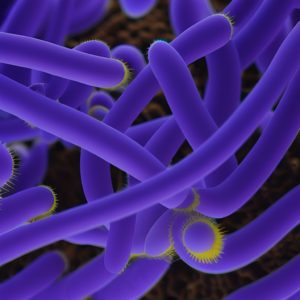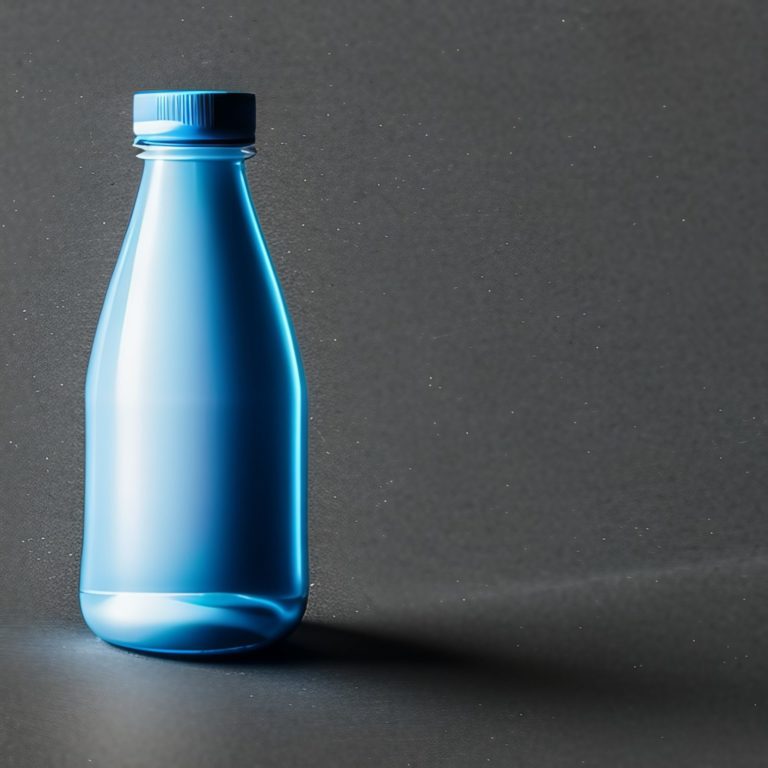As eco-tourism gains more traction, travelers are becoming more conscious about their environmental impact. There are many ways to be sustainable while traveling, such as reducing plastic waste, supporting local communities, and respecting local cultures. One aspect of travel that often gets overlooked is the source of drinking water. Should we be carrying single-use plastic water bottles or stick to tap water while traveling? Let’s explore the pros and cons of each option to help make informed and sustainable choices.
Environmental Impact of Plastic Water Bottles
We all know that single-use plastic is a global environmental issue. It takes over 450 years to decompose, and only a fraction is recycled. In fact, 91% of plastic isn’t recycled and ends up in landfills and oceans. When we carry plastic water bottles while traveling, we contribute to this issue. We may not think much of it while on vacation, but the amount of plastic waste we generate quickly adds up. Imagine the amount of waste generated by every tourist in a popular destination carrying a plastic bottle! Additionally, plastic bottle production releases harmful emissions and consumes energy resources.
Did you know that an estimated 8 million metric tons of plastic waste end up in the world’s oceans each year, and plastic water bottles are one of the major contributors to this pollution?
Health Risks of Tap Water
While the environmental impact of plastic water bottles is evident, many travelers shy away from tap water due to health concerns. Tap water in a new location can contain different pathogens, minerals, and chemicals that our immune system may not be used to. For example, drinking tap water in Mexico may cause diarrhea due to E. coli bacteria. Similarly, tap water in some developing nations may contain high levels of lead or copper. These elements may cause serious health risks or chronic issues over prolonged exposure.
Did you know that tap water can contain hazardous pollutants such as arsenic, lead, pesticides, and other contaminants which can hurt your health?
Harmful pathogens and chemicals found in tap water:
- Bacteria: E.Coli, Salmonella and Cholera
- Viruses: Hepatitis A and Norovirus
- Parasites: Cryptosporidium and Giardia
- Chemicals: Lead, Fluoride, Arsenic, Mercury, and Copper
- Pharmaceuticals Residues

Tap Water Filtration Options
To address the health risks of tap water, there are several options to filter it. One popular and portable option is a water bottle with a built-in filter. These bottles use activated carbon or ceramic filters that remove particles and bacteria from tap water, making it safe to drink. Similarly, small and portable water filtration systems can be attached to a water bottle or drinking straw. These systems are affordable; some can filter up to 1000 liters of water. They are effective in removing bacteria and other pathogens found in tap water.
Did you know that tap water filtration systems are available in various forms, such as countertop filters, reverse osmosis systems, and even carbon-activated filters for the shower?
Boiling is another popular method for purifying water while traveling. All you need is a pot, stove, and heat source, and you can quickly bring water to a rolling boil for at least one minute. Boiling will help kill bacteria and other organisms but won’t remove chemicals or sediment. Boiled water should be left to cool before drinking.
Sustainable Water Options
If travelers want to eliminate the environmental impact of plastic water bottles, many accommodation facilities offer sustainable alternatives. For example, some hotels install water coolers and provide refillable glass bottles in guest rooms. Others offer bulk refill stations where guests can fill their water bottles with filtered tap water. Additionally, travelers can opt for sustainable glass, stainless steel, or bamboo water containers. These containers are durable and reusable, eliminating the need for disposable plastic bottles.
Conclusion
In conclusion, there are various factors to consider when it comes to sustainable and healthy water options while traveling. While plastic water bottles may seem convenient, their environmental impact lasts decades or even centuries. Tap water may have health risks, but filtration options are affordable and effective. Sustainable alternatives such as refillable water stations and reusable containers eliminate the need for single-use plastic entirely. Researching the water options available at our travel destinations and making informed decisions to minimize our environmental impact and safeguard our health is essential. Let’s help keep our planet and ourselves healthy!

